Search
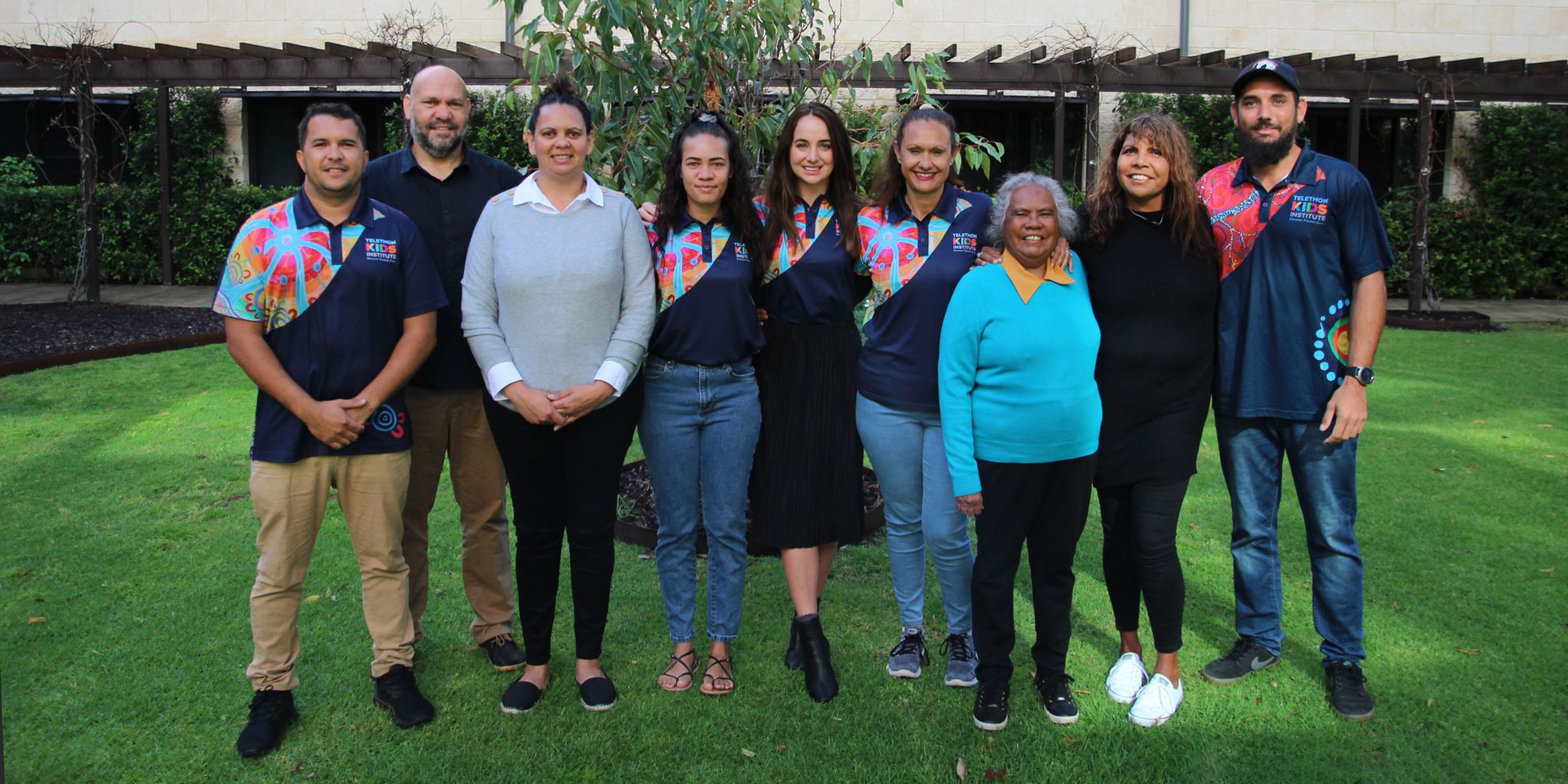
News & Events
Aboriginal Employment and Career Development StrategyWe are excited to launch our new Aboriginal Employment and Career Development Strategy (AECDS), aimed at building a culturally secure work environment by continuing to embed Aboriginal health & wellbeing into our research.
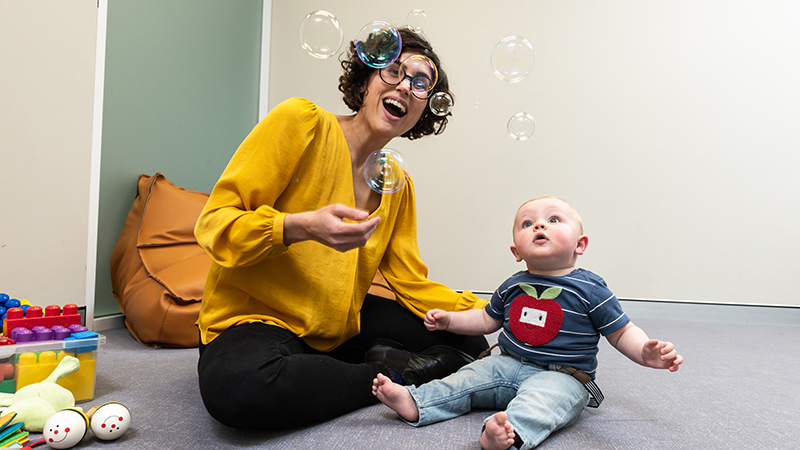
News & Events
Therapy with babies boosts social developmentA child-led therapy that supports the social development of babies showing early signs of autism has found a significant reduction in social communication difficulties in babies who received the therapy, according to new research led by CliniKids at The Kids Research Institute Australia.

News & Events
The Kids infectious diseases researcher named a WA Young Tall PoppyA The Kids researcher focused on ensuring kids are protected from infectious diseases will be named among WA’s most outstanding young scientists at the upcoming 2021 Young Tall Poppy Science Awards.
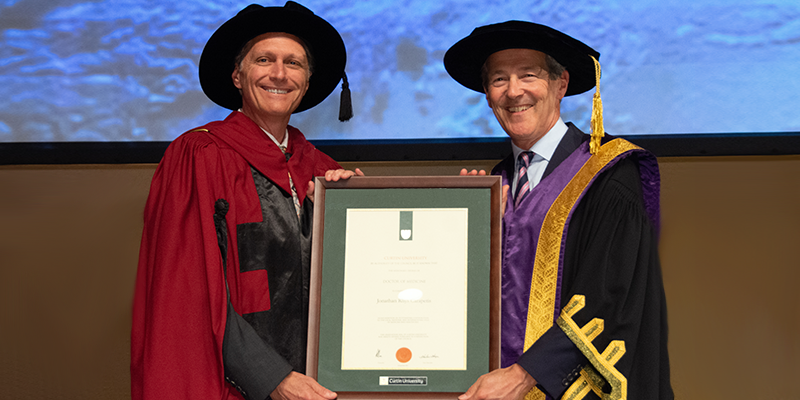
News & Events
Curtin honour for The Kids Research Institute Australia DirectorThe Kids Research Institute Australia Director Professor Jonathan Carapetis AM has been made an Honorary Doctor of Medicine by Curtin University in recognition of his outstanding contribution to the local, national and international field of medicine and healthcare.
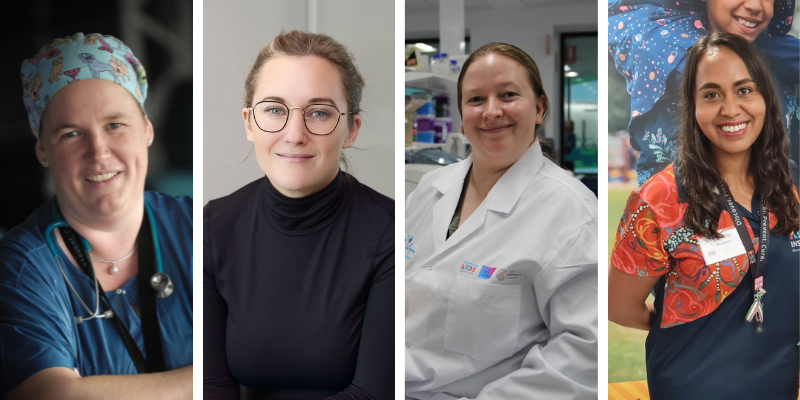
News & Events
The Kids researchers named as finalists in 2021 Premier’s Science AwardsFour The Kids Research Institute Australia researchers – working across diverse fields including paediatric anaesthesia, bioinformatics, ear health, and the health impacts of biodiesel exhaust – have been named as finalists in the 2021 Premier’s Science Awards.
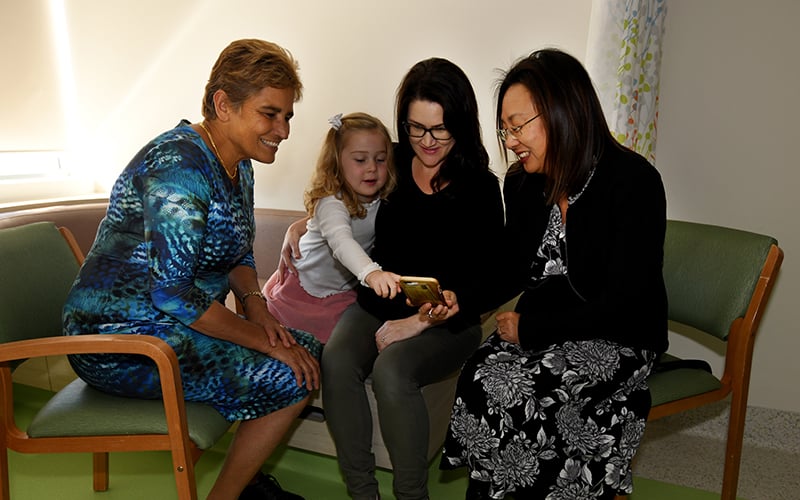
News & Events
New locally-developed app to support women through pregnancyA new evidence-based app designed to support pregnant women to live a healthy lifestyle and give their baby the best start has been launched by The Kids Research Institute Australia and the Joondalup Health Campus
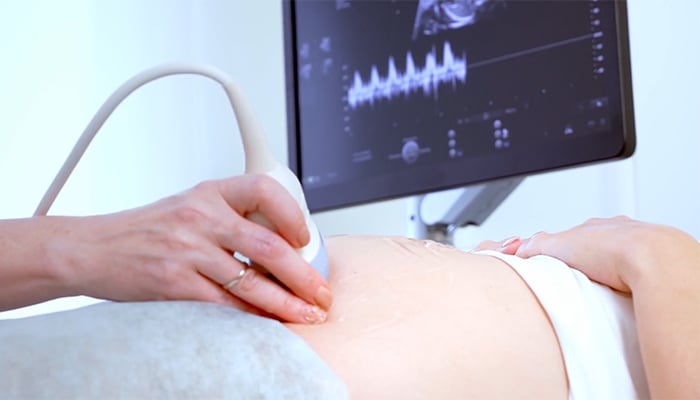
News & Events
A virus all pregnant women should know aboutMost mums-to-be have never heard of CMV and the impact it can have on their unborn baby.
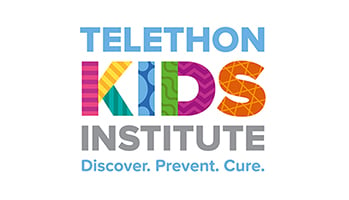
News & Events
The Kids Research Institute Australia welcomes reunion of Murugappan family in PerthThe Kids Research Institute Australia has welcomed the announcement that the Murugappan family will be moved into community detention in Perth.

News & Events
Detention is no place for any childThe Kids Research Institute Australia is supporting calls for the urgent release of Biloela family from held detention.
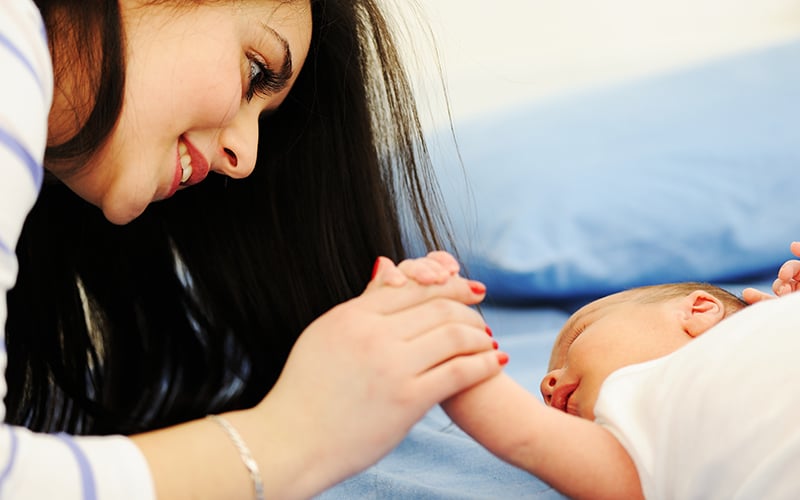
News & Events
Education “word gap” emerges at 18 months of age in Australian familiesUniversity-educated parents in Australia speak more words to their children on average than parents with only a high-school education, with the gap emerging at around 18 months of age.
